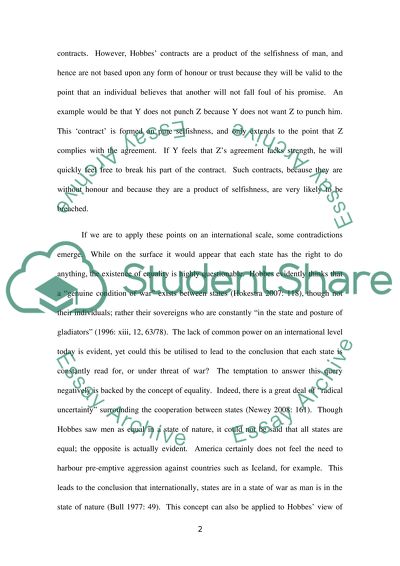Cite this document
(“Hobbes and Internationalism Essay Example | Topics and Well Written Essays - 1500 words”, n.d.)
Hobbes and Internationalism Essay Example | Topics and Well Written Essays - 1500 words. Retrieved from https://studentshare.org/history/1435334-would-it-be-accurate-to-say-that-for-hobbes-the
Hobbes and Internationalism Essay Example | Topics and Well Written Essays - 1500 words. Retrieved from https://studentshare.org/history/1435334-would-it-be-accurate-to-say-that-for-hobbes-the
(Hobbes and Internationalism Essay Example | Topics and Well Written Essays - 1500 Words)
Hobbes and Internationalism Essay Example | Topics and Well Written Essays - 1500 Words. https://studentshare.org/history/1435334-would-it-be-accurate-to-say-that-for-hobbes-the.
Hobbes and Internationalism Essay Example | Topics and Well Written Essays - 1500 Words. https://studentshare.org/history/1435334-would-it-be-accurate-to-say-that-for-hobbes-the.
“Hobbes and Internationalism Essay Example | Topics and Well Written Essays - 1500 Words”, n.d. https://studentshare.org/history/1435334-would-it-be-accurate-to-say-that-for-hobbes-the.


